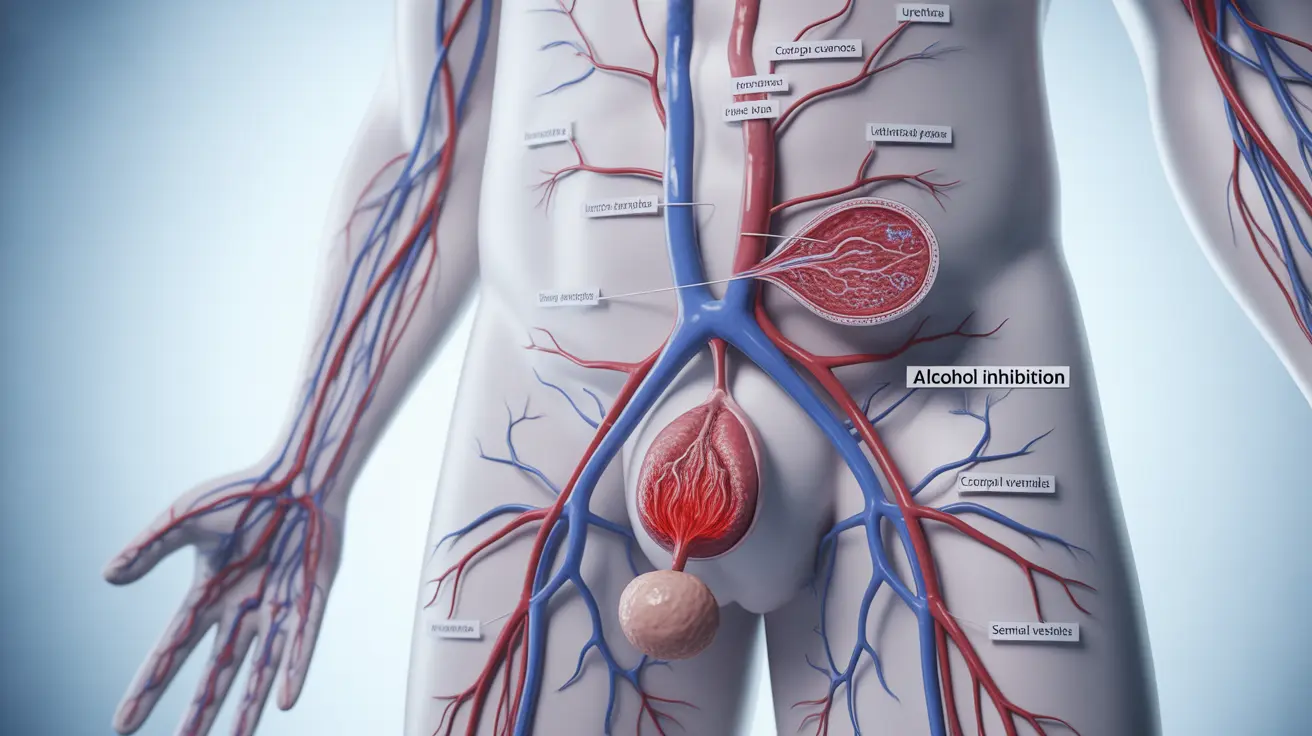As a parent, watching your child grow and develop is an exciting journey. However, for some parents, this journey may include concerns about their child's developmental progress. Autism spectrum disorder (ASD) is a complex developmental condition that can become apparent in early childhood. This article focuses on the signs of autism in 3-year-old children, providing parents with valuable information to help them understand and navigate this important aspect of their child's development.
Common Signs of Autism in 3-Year-Olds
Recognizing the signs of autism in a 3-year-old can be challenging, as children develop at different rates. However, there are several key indicators that parents should be aware of:
Social Interaction Challenges
One of the most noticeable signs of autism in 3-year-olds is difficulty with social interaction. This may manifest as:
- Limited eye contact or avoidance of eye contact
- Preference for playing alone rather than with other children
- Lack of interest in sharing experiences or showing objects to others
- Difficulty understanding or responding to social cues
Communication Delays
Communication challenges are another significant indicator of autism in young children. These may include:
- Delayed speech development or lack of speech
- Difficulty initiating or maintaining conversations
- Repetitive use of words or phrases (echolalia)
- Trouble understanding and using nonverbal communication, such as gestures or facial expressions
Repetitive Behaviors and Restricted Interests
Children with autism often display repetitive behaviors or have very specific, intense interests. Parents might observe:
- Repetitive movements like hand-flapping, rocking, or spinning
- Strong attachment to specific objects or toys
- Insistence on strict routines or resistance to change
- Unusual or intense focus on particular topics or activities
Sensory Sensitivities
Many children with autism experience heightened or reduced sensitivity to sensory input. This can manifest as:
- Oversensitivity to loud noises, bright lights, or certain textures
- Unusual reactions to smells or tastes
- Seeming indifference to pain or temperature
- Fascination with certain visual stimuli, like spinning objects or lights
Encouraging Social Interaction in Autistic Children
For parents of children who show little interest in social interaction, there are several strategies to encourage engagement:
- Follow your child's lead: Engage with them in activities they enjoy to build trust and connection.
- Use their interests: Incorporate their favorite toys or themes into social activities.
- Create structured play opportunities: Organize playdates or join parent-child groups that cater to children with special needs.
- Practice turn-taking: Use games and activities that encourage back-and-forth interaction.
- Provide positive reinforcement: Praise and encourage any attempts at social interaction, no matter how small.
Managing Repetitive Behaviors and Sensory Sensitivities
Dealing with repetitive behaviors and sensory issues can be challenging. Here are some strategies that may help:
- Establish routines: Create a structured daily schedule to provide predictability and reduce anxiety.
- Use visual aids: Implement visual schedules or social stories to help your child understand and prepare for activities or changes.
- Create a sensory-friendly environment: Modify your home to accommodate your child's sensory needs, such as using soft lighting or noise-canceling headphones.
- Implement sensory integration activities: Work with an occupational therapist to develop a sensory diet that addresses your child's specific needs.
- Redirect repetitive behaviors: Gently guide your child towards more functional activities when repetitive behaviors occur.
Addressing Speech and Communication Delays
For children with autism who experience speech delays, early intervention is crucial. Consider the following approaches:
- Speech therapy: Work with a speech-language pathologist to develop your child's communication skills.
- Alternative communication methods: Explore options like picture exchange communication systems (PECS) or sign language to support language development.
- Encourage verbal attempts: Respond positively to any vocal sounds or attempts at speech, reinforcing the connection between communication and positive outcomes.
- Use clear, simple language: Speak in short, direct sentences and give your child time to process and respond.
- Incorporate communication opportunities throughout the day: Narrate activities, ask questions, and create situations that encourage your child to communicate their needs and wants.
Seeking Professional Evaluation
If you notice signs of autism in your 3-year-old, it's important to seek professional evaluation. Early diagnosis and intervention can significantly improve outcomes for children with autism. Most experts recommend seeking evaluation as soon as concerns arise, rather than waiting to see if the child will "grow out of it."
The evaluation process typically involves:
- Developmental screenings: Usually performed by pediatricians during regular check-ups
- Comprehensive diagnostic evaluation: Conducted by a team of specialists, including psychologists, speech-language pathologists, and occupational therapists
- Ongoing assessments: To monitor progress and adjust interventions as needed
Frequently Asked Questions
- What are the common signs of autism in a 3-year-old child that parents should look out for?
Common signs include limited social interaction, communication delays, repetitive behaviors, restricted interests, and sensory sensitivities. Parents should watch for limited eye contact, preference for solitary play, speech delays, repetitive movements, and unusual reactions to sensory stimuli.
- How can parents encourage social interaction in a child who prefers playing alone and shows little interest in making friends?
Parents can encourage social interaction by following the child's interests, creating structured play opportunities, practicing turn-taking, and using positive reinforcement. Engaging in activities the child enjoys and gradually introducing social elements can help build their comfort with interaction.
- What are some strategies for managing repetitive behaviors and sensory sensitivities in children with autism?
Strategies include establishing routines, using visual aids, creating a sensory-friendly environment, implementing sensory integration activities, and gently redirecting repetitive behaviors. Working with occupational therapists can help develop personalized strategies for managing these challenges.
- How does delayed speech development impact communication skills in autistic children, and what interventions can help?
Delayed speech can significantly impact overall communication skills. Interventions that can help include speech therapy, alternative communication methods like PECS or sign language, encouraging verbal attempts, using clear language, and incorporating communication opportunities throughout daily activities.
- At what age should parents seek professional evaluation for potential autism if they notice unusual behaviors or developmental delays?
Parents should seek professional evaluation as soon as they notice concerning signs or developmental delays, rather than waiting. Early intervention is crucial for improving outcomes. Most children can be reliably diagnosed with autism by age 2, but signs may be noticeable earlier, and evaluation can begin at any age.
Remember, every child with autism is unique, and early intervention can make a significant difference in their development and quality of life. If you have concerns about your child's development, don't hesitate to speak with your pediatrician or seek a professional evaluation.




